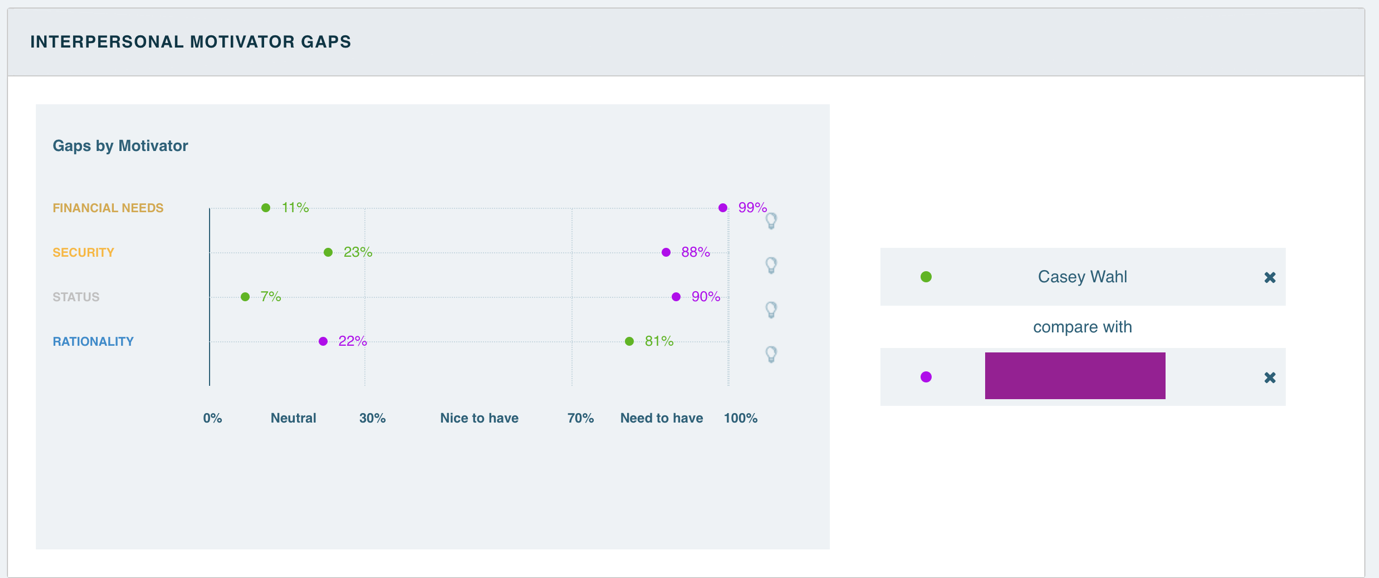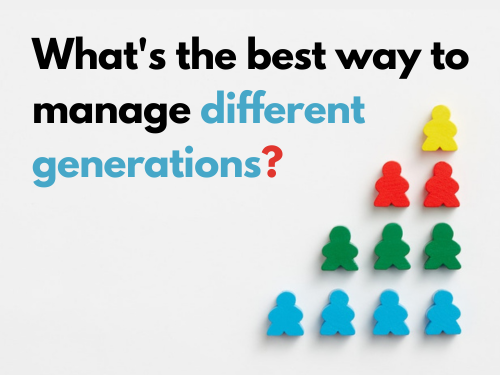Managing someone who views the world in a similar way to you is easy, while managing someone with only slightly different intrinsic motivations is also fairly straightforward, but—as anyone who has ever been in this position will attest—managing people who have very different values can be a real challenge.
How do you go about trying to understand them? What’s the best way to find common ground between your different perspectives? And how can you have those deep and perhaps uncomfortable discussions without it all getting a bit too emotionally charged and personal?
In situations like these, a lack of nuance or even a poor word choice can derail the conversation instantly and lead to misunderstanding, confrontation, irritation and generally arriving at a destination you didn’t want to visit. And, worse still, what if the other person doesn’t possess strong self-awareness? Many of us are blind to our real motivations, which can make these types of interactions a bit like trying to cross a minefield that’s waiting to blow our best management intentions to bits.
Wouldn’t it be nice to have a map to help sidestep these conversational explosives?
This brings me to my favorite feature of Attuned, the Interpersonal Motivator Gaps display.

This feature of Attuned automatically shows you areas in which you and any chosen team member have opposite motivations, and thus potentially conflicting attitudes towards work. Select the two people you want to compare, and in less than a second Attuned will show you where they have opposite needs. This allows you to visualize how you differ from your team members and brings objective data to the trickiness of trying to understand someone different without the need for drama.
In the example above, I’m the green dot. You can see I have low intrinsic motivational needs for “Status”, “Security” and “Financial Needs”. That means those aren’t my drivers for work. The other person on my team has opposite needs for those motivations. The incentives they desire, how they prefer conversations to be framed, and how they want to set up their work processes are totally different to me. There’s also the possibility that my high “Rationality” motivator might frustrate them—I’m always keen to push a debate, to probe for tighter logic in other people’s thought processes—possibly to the point of demotivating them.
With the Interpersonal Motivator Gaps display, this can all be seen and understood in seconds, and the science-backed data provides the springboard for productive conversation. By sharing this motivational gap data with each other before a discussion, we can arrive at a place of mutual understanding much, much quicker than by trial and error.
This feature of Attuned has saved me a lot of long conversations that could easily have become emotional and unproductive. No one feels understood when they think their values are being questioned, and I’ve found that’s what happens to me when we’re not talking the same language and don’t start from the same assumptions.
Even if I had somehow had a good conversation with the team member shown above despite not knowing our differences, we probably still wouldn’t have discovered that we had four completely opposite motivations. Maybe, if we had good trust between us, we would eventually have uncovered two or three of them, but it would likely have taken weeks and even months to get to that incomplete level of mutual understanding, rather than just a few minutes to achieve complete understanding using Attuned.
I find that amazing.







